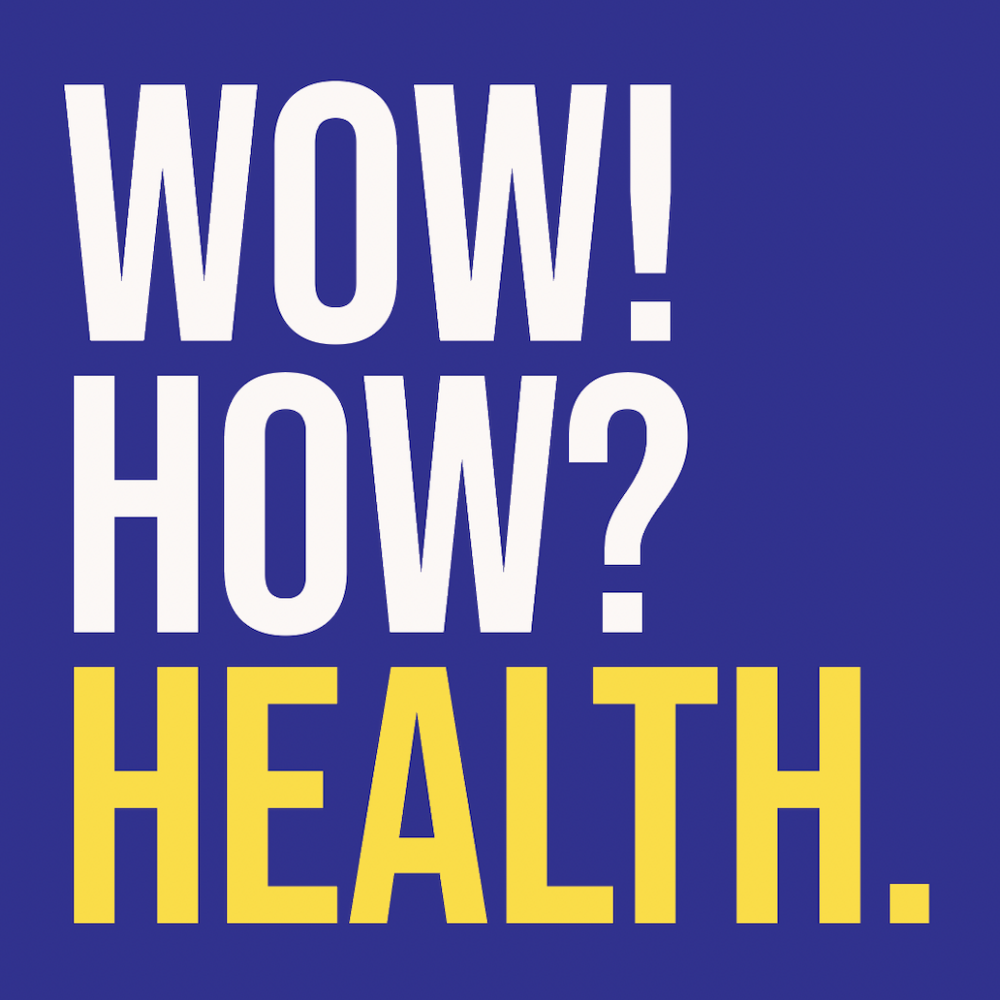
Hank Azaria’s tribute to Matthew Perry was as much a love letter to peer support as it was a remembrance of his friend:
“…as bad as we feel, as low as we go, we tend to feel we’re alone in it, whether our problem is alcoholism, a bad marriage, illness, depression, strife. We feel that we are the only one who has ever gone through it; in recovery we call it terminal uniqueness. And it’s by going into a room with a few or a lot of other people and sharing, saying out loud what it is that’s upsetting us and hearing that from others that we feel, well, maybe we’re not alone. In fact, in time, what we become sure of is that the most unfortunate, terrible things we face are actually our greatest strength, as they connect us with others.”
Azaria was describing his experience with Alcoholics Anonymous (AA), the grandfather of peer recovery programs that was founded in 1935 in Akron, Ohio.
The Substance Abuse and Mental Health Services Administration (SAHMSA) recognizes peer support as a key element in the process of recovery from mental and substance-use disorders.
Studies show that connection with a peer can increase empowerment, hope, community engagement, and activation in treatment.
Peer recovery support can also decrease self-stigma, use of in-patient services, hospitalization, and, ultimately, costs to the health care system.
But AA is not for everyone. As one commenter wrote, responding to Azaria’s essay, “For anyone reading who wants to get sober but fears AA, please know there are other options.” They went on to explain the “nightmare time” they experienced and how they went on to find sobriety by other means. As I have seen many times, the reader comments section turned into a peer advice trading post as people shared their experiences, tips, and warnings.
If you are interested in learning more about why women often need a different approach, I recommend Gabrielle Glaser’s book, Her Best-Kept Secret: Why Women Drink—And How They Can Regain Control. She writes about how AA dominates alcohol treatment in the U.S. despite evidence that other approaches work as well (or better) and do not require that participants adhere to a faith-based program.
Peer-to-peer connection and support is a key theme in my upcoming book, Rebel Health, which will be released by The MIT Press on Feb. 13, 2024. I was honored to receive the following advance praise from Esther Perel, who wrote, “In the age of rapid health advancements, Fox reminds us that no amount of tech can replace the support of others who have gone or are going through similar struggles—the relieving elixir of what she calls ‘just-in-time someone-like-me.'”
What’s your experience with peer support? Comments are open.
Leave a Reply